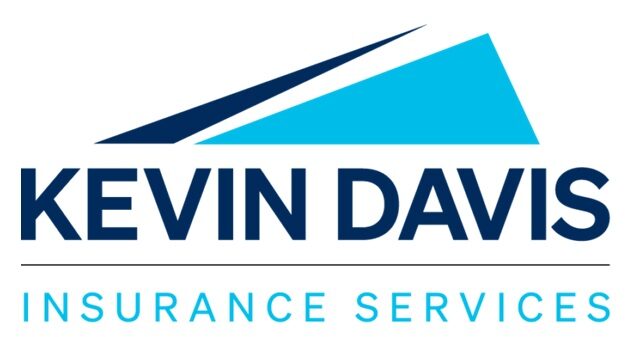
For insurance agents working with residential communities, you may wonder, what is the difference between HOA and condo fees?
Homeowners association (HOA) fees and condominium association (COA) fees fund the operation and maintenance of common areas but are structured differently in HOAs and condo associations. Furthermore, both types of associations face unique risks that require specialized insurance coverages, such as directors and officers (D&O), cyber, crime, and excess liability. Understanding these nuances enables agents to better serve their clients by offering tailored insurance solutions.
Exploring the Purpose and Allocation of HOA Fees
The key differences between COA vs. HOA fees begin with understanding how these entities collect fees. HOA fees are monthly dues paid by residents to cover the costs of maintaining shared spaces and amenities in a neighborhood, such as parks, swimming pools, and community buildings. The HOA’s board determines the fees based on the annual budget and divides them among the homeowners.
A portion of these fees often goes toward insurance coverages that protect the association and its board members from various risks, including legal liabilities (D&O insurance), cyber threats (cyber insurance), employee or volunteer theft (crime insurance), and claims exceeding standard policy limits (excess liability insurance). Understanding these allocations is critical for agents advising HOAs on comprehensive risk management strategies.
Understanding the Role and Factors of Condo Fees
Condos collect fees via condo associations to fund the upkeep and repair of building exteriors, common spaces, and essential systems like elevators and HVAC. The size of the building, the quality of amenities, and the contribution to the reserve fund for future repairs all influence the amount of these fees.
Similar to HOAs, condo associations also need specific insurance coverages such as D&O, cyber, crime, and excess liability to address the financial and operational challenges posed by managing these collective funds and responsibilities.
Examining Key Differences and Misconceptions of COA vs. HOA
While both fees serve to maintain property values and quality of life, key differences between HOA and condo fees lie in their scope and governance.
HOA fees often cover broader community aspects, and elected homeowners within the community govern them. Condo fees are more focused on the building itself, and a board responsible for the building’s operation manages those fees.
Recognizing these distinctions helps insurance agents tailor their advice and insurance products to precisely fit the unique needs and governance structures of HOAs and condo associations, ensuring adequate coverage and financial protection.
Striking a Balance Between COA vs. HOA
Knowing the difference between HOA and condo fees is foundational for insurance agents specializing in residential communities. It’s not just about understanding the fees themselves but also recognizing the specific insurance needs accompanying them, including D&O, cyber, crime, and excess liability coverages.
By educating their clients on these matters and offering customized insurance solutions, agents can help HOAs and condo associations effectively mitigate risks associated with fee management and governance, ensuring these communities’ financial and operational stability.
About Kevin Davis Insurance Services
For over 35 years, Kevin Davis Insurance Services has built an impressive reputation as a strong wholesale broker offering insurance products for the community association industry. Our president Kevin Davis and his team take pride in offering committed services to the community association market and providing them with unparalleled access to high-quality coverage, competitive premiums, superior markets, and detailed customer service. To learn more about the coverage we offer, contact us toll-free at (855)-790-7393 to speak with one of our representatives


